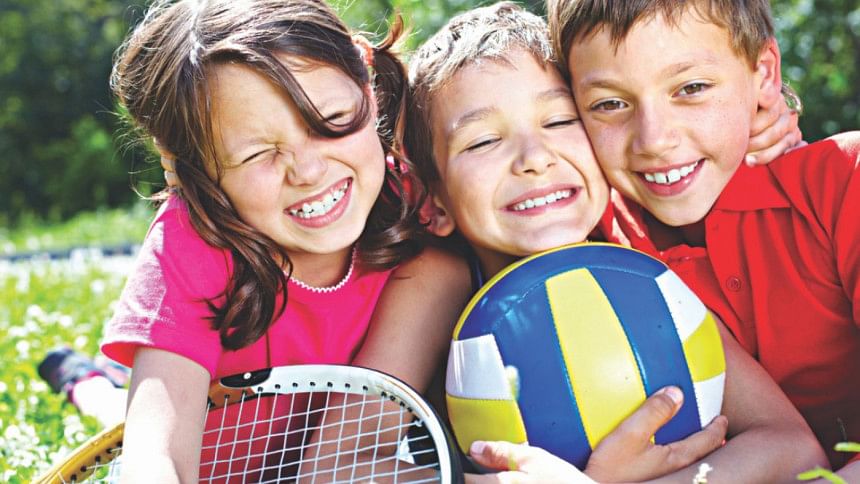Protect your child from hand, foot and mouth disease

Hand, foot and mouth disease is common in children but can also occur in adults. Now a days school going children especially in the city are suffering from this and the parents are very anxious and do not know what to do.
This disease can occur at any time of the year but it is most common in the summer time. Hand, foot and mouth disease is caused by a virus called an enterovirus — Coxsackie. A relatively mild illness which usually subsides within a few days. The virus spreads easily through coughing and sneezing. It can also spread through infected stool when you change a diaper or when your young child gets stool on his or her hands and then touches objects that other children put in their mouths. After being exposed to the virus it takes 3-6 days for a person to get the symptoms of hand, foot and mouth disease.
Firstly, your child shows lack of interest in playing, may easily get tired, having sore throat, there may be fever and you may notice sores or blisters in mouth and on the hands and feet, sometimes it may appear in the buttock. Many child may have skin rash before the blister. These sores and blisters usually go away in a week or so. There may be mild sore throat or not any symptoms especially in adults who might contact the disease from their infected child.
Hand, foot and mouth disease usually does not need treatment. It is self-limiting, you just need to take care of the child by providing them nutritious food and drinks and maintain good hygiene. For skin rashes you may apply calamine lotion which will give a soothing effect to your child. For pain and fever give paracetamol, but do not give your child Aspirin or any kind of nonsteroidal anti-inflammatory drugs (NSAID) like ibuprofen. Children are most likely to spread the disease during the first week of their illness but the virus can stay in stool for several months and may spread to others.
How to protect your child as well as others
1. If your child has sore throat, fever, and rash – do not send them to school.
2. Wash your hands frequently. It is important to wash your hands after you touch a blister or change diaper of the infected child.
3. Teach all family members to wash their hands often with soap or use hand sanitiser.
4. Do not kiss your child frequently.
5. Do not let your child share toys with others while he or she is infected.
6. As there is no vaccine currently available so be careful about your school going child.
The writer is an Assistant Professor of Medicine at Z H Sikder Women's Medical College and Hospital, Dhaka.

 For all latest news, follow The Daily Star's Google News channel.
For all latest news, follow The Daily Star's Google News channel. 



Comments